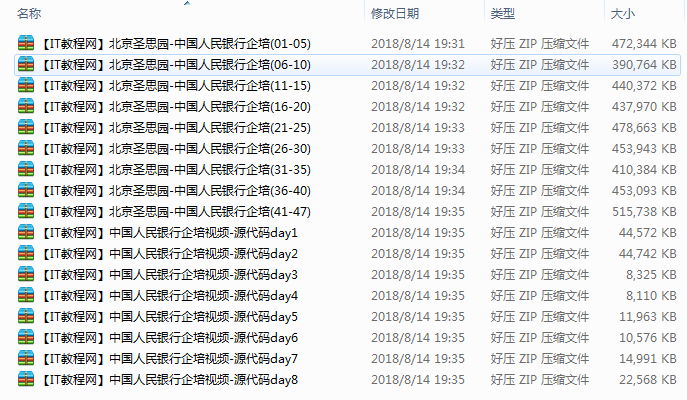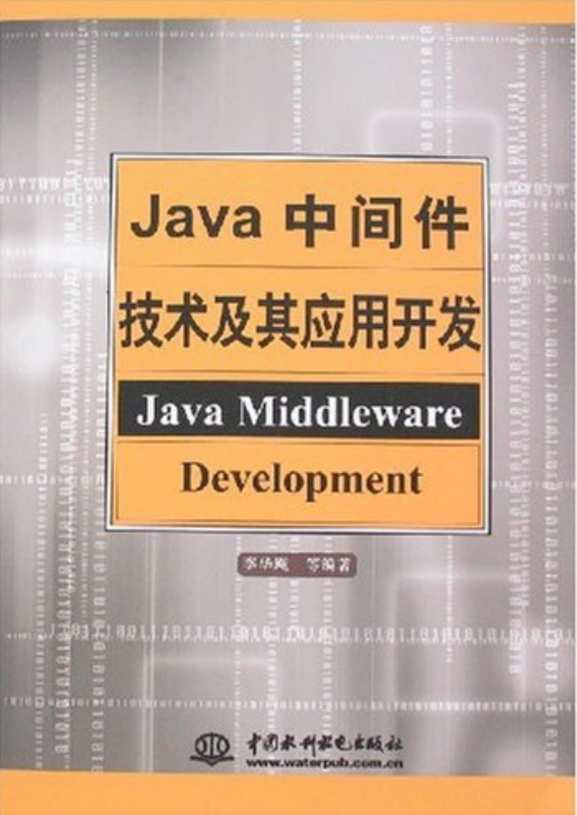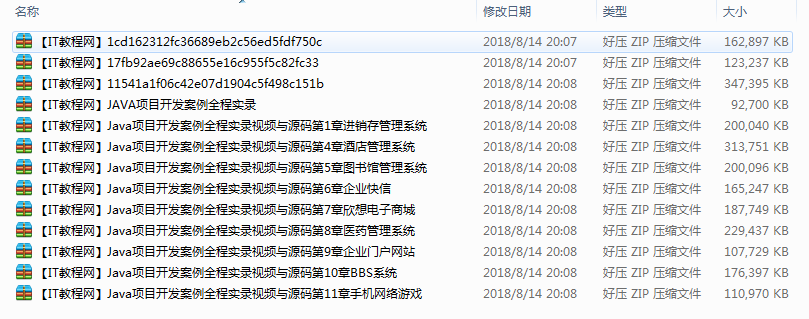
微服务架构下Spring Cloud核心组件使用教程与最佳实践:从零搭建高可用微服务系统
作为一名在微服务领域摸爬滚打多年的开发者,我深知Spring Cloud在微服务架构中的重要性。今天我将分享一套完整的Spring Cloud核心组件使用教程,包含我在实际项目中积累的最佳实践和踩坑经验。让我们从服务注册与发现开始,逐步构建一个完整的微服务系统。
1. 服务注册与发现:Eureka实战
在微服务架构中,服务注册与发现是基础中的基础。我推荐使用Eureka作为注册中心,它简单易用且功能强大。
首先创建Eureka Server,在pom.xml中添加依赖:
org.springframework.cloud
spring-cloud-starter-netflix-eureka-server
在启动类上添加@EnableEurekaServer注解:
@SpringBootApplication
@EnableEurekaServer
public class EurekaServerApplication {
public static void main(String[] args) {
SpringApplication.run(EurekaServerApplication.class, args);
}
}
配置application.yml时,我强烈建议设置以下关键参数:
server:
port: 8761
eureka:
client:
register-with-eureka: false
fetch-registry: false
server:
enable-self-preservation: true
renewal-percent-threshold: 0.85
踩坑提示:在生产环境中,一定要配置enable-self-preservation为true,避免网络波动导致服务被错误剔除。
2. 服务间通信:Feign与Ribbon深度整合
服务间通信是微服务的核心,我习惯使用Feign声明式客户端,它让服务调用像调用本地方法一样简单。
首先添加依赖:
org.springframework.cloud
spring-cloud-starter-openfeign
创建Feign客户端接口:
@FeignClient(name = "user-service", path = "/api/users")
public interface UserServiceClient {
@GetMapping("/{userId}")
UserDTO getUserById(@PathVariable("userId") Long userId);
@PostMapping
UserDTO createUser(@RequestBody UserDTO userDTO);
}
配置Ribbon负载均衡策略:
user-service:
ribbon:
NFLoadBalancerRuleClassName: com.netflix.loadbalancer.RoundRobinRule
ConnectTimeout: 2000
ReadTimeout: 5000
最佳实践:我建议为不同的服务设置不同的超时时间,核心服务设置较短超时,非核心服务可以适当放宽。
3. 服务容错保护:Hystrix熔断机制
在分布式系统中,服务故障是不可避免的。Hystrix提供了强大的熔断和降级能力。
配置Hystrix命令:
@HystrixCommand(
fallbackMethod = "getUserFallback",
commandProperties = {
@HystrixProperty(name = "execution.isolation.thread.timeoutInMilliseconds", value = "3000"),
@HystrixProperty(name = "circuitBreaker.requestVolumeThreshold", value = "20"),
@HystrixProperty(name = "circuitBreaker.sleepWindowInMilliseconds", value = "5000")
}
)
public UserDTO getUserWithHystrix(Long userId) {
return userServiceClient.getUserById(userId);
}
public UserDTO getUserFallback(Long userId) {
return UserDTO.builder()
.id(userId)
.name("默认用户")
.build();
}
实战经验:熔断器的requestVolumeThreshold不要设置太小,否则在流量波动时容易误触发熔断。
4. 统一配置管理:Config Server实战
随着微服务数量增加,配置管理变得复杂。Spring Cloud Config提供了集中式配置管理方案。
创建Config Server:
spring:
cloud:
config:
server:
git:
uri: https://github.com/your-org/config-repo
search-paths: '{application}'
default-label: main
profiles:
active: native
客户端配置刷新:
@RestController
@RefreshScope
public class ConfigController {
@Value("${app.feature.enabled:false}")
private boolean featureEnabled;
}
踩坑提示:记得在需要动态刷新的Bean上添加@RefreshScope注解,否则配置变更不会生效。
5. API网关:Gateway路由配置
API网关是微服务架构的门户,我推荐使用Spring Cloud Gateway,它性能更好且功能丰富。
配置路由规则:
spring:
cloud:
gateway:
routes:
- id: user-service
uri: lb://user-service
predicates:
- Path=/api/users/**
filters:
- name: RequestRateLimiter
args:
redis-rate-limiter.replenishRate: 10
redis-rate-limiter.burstCapacity: 20
- name: Retry
args:
retries: 3
methods: GET
最佳实践:一定要配置限流和重试机制,防止单个服务故障影响整个系统。
6. 服务链路追踪:Sleuth与Zipkin集成
在微服务调用链变长后,问题定位变得困难。Sleuth和Zipkin提供了完整的链路追踪方案。
配置Sleuth采样率:
spring:
sleuth:
sampler:
probability: 1.0
zipkin:
base-url: http://localhost:9411
实战经验:在生产环境,采样率可以设置为0.1,避免产生过多追踪数据影响性能。
7. 安全最佳实践
微服务安全不容忽视,我总结了几点关键实践:
使用Spring Security OAuth2保护API:
@Configuration
@EnableResourceServer
public class ResourceServerConfig extends ResourceServerConfigurerAdapter {
@Override
public void configure(HttpSecurity http) throws Exception {
http.authorizeRequests()
.antMatchers("/api/public/**").permitAll()
.antMatchers("/api/**").authenticated();
}
}
安全建议:一定要为内部服务通信配置mTLS,避免中间人攻击。
总结与部署建议
经过多个项目的实践,我建议采用渐进式微服务改造策略。不要一开始就追求完美的微服务架构,而是根据业务需求逐步拆分。
在部署方面,我推荐使用Docker和Kubernetes:
# Dockerfile示例
FROM openjdk:8-jre-alpine
COPY target/app.jar /app.jar
ENTRYPOINT ["java", "-jar", "/app.jar"]
最后,记住微服务不是银弹,它带来了灵活性的同时也增加了复杂度。选择合适的组件,制定合理的架构规范,才能让微服务真正为业务创造价值。
2. 分享目的仅供大家学习和交流,您必须在下载后24小时内删除!
3. 不得使用于非法商业用途,不得违反国家法律。否则后果自负!
4. 本站提供的源码、模板、插件等等其他资源,都不包含技术服务请大家谅解!
5. 如有链接无法下载、失效或广告,请联系管理员处理!
6. 本站资源售价只是赞助,收取费用仅维持本站的日常运营所需!
源码库 » 微服务架构下Spring Cloud核心组件使用教程与最佳实践





